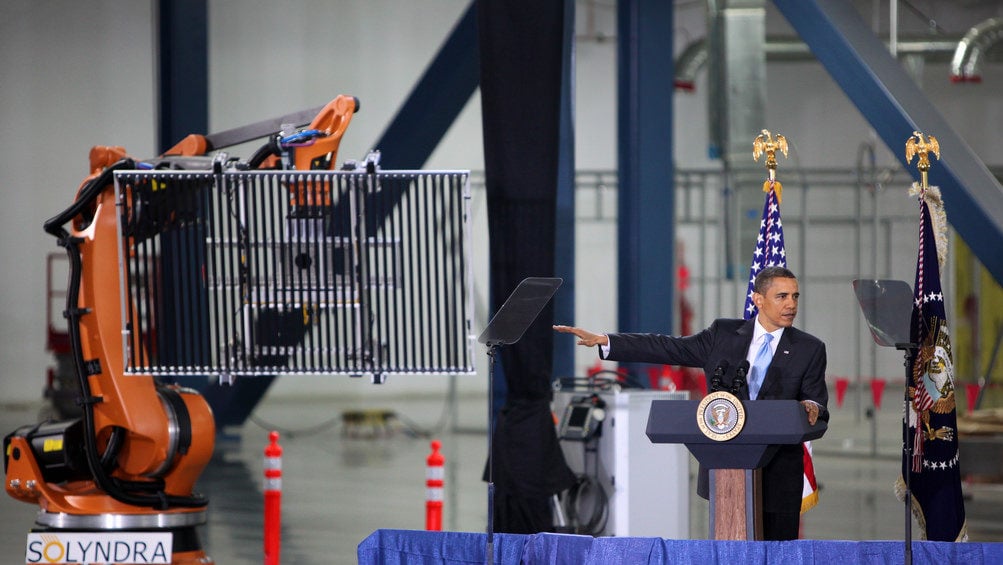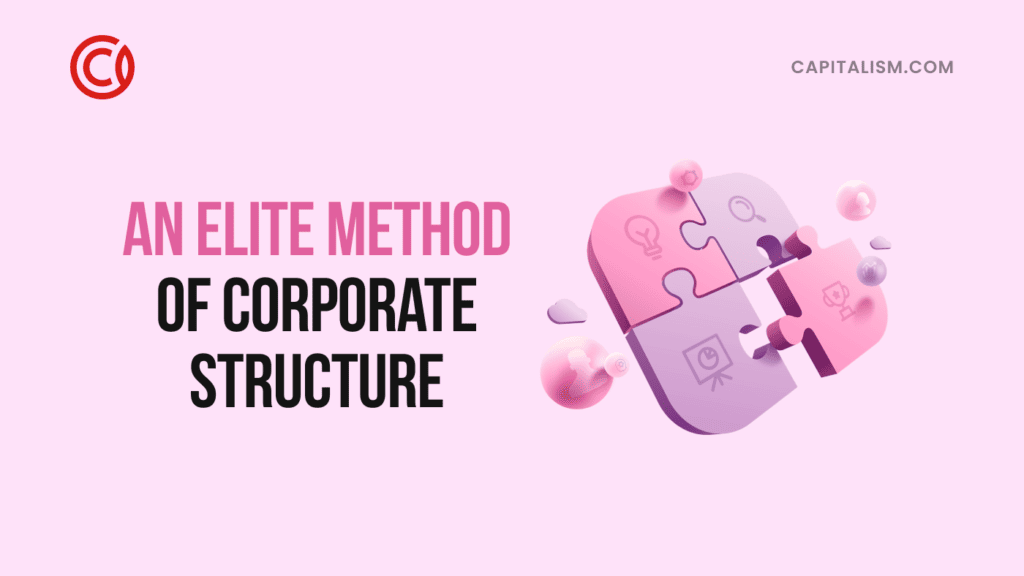Why do progressives insist on trusting the same people who run the DMV to save the planet?
It’s the same rationale behind most all progressive policies: the notion that taxes, regulations and bureaucracies will secure liberty and justice for all.
By that logic, President Nixon’s executive action to create the Environmental Protection Agency in 1970 should have guaranteed a bright future for the American environment.
Unfortunately, the reality is that government creates more eco-hazards than it does solutions.
Just look at the past few years. $535 million of subsidies from the Obama administration couldn’t stop green energy manufacturer Solyndra from going bankrupt, putting thousands out of workers out of jobs.
Not only did EPA contractors release more than three million gallons of toxic wastewater into a Colorado river, but now the federal government is refusing to pay for those damages.
State bureaucrats and the EPA sat idle for a year and a half while lead seeped into the water supply of Flint, Mich., an act which defied federal regulations.
Still, in the same year Al Gore debuts his second enviro-Armageddon flick, progressives hold steadfast to their claim that government action is the cure-all for environmental crises.
I witnessed this eco-groupthink in action during a screening at the Finger Lakes Environmental Film Festival in Ithaca, New York, last year.
One of the premiere films screened at the festival was John Bowermaster’s “Dear President Obama.” A sequel to “Dear Andrew Cuomo,” Bowermaster made a direct appeal for executive action from then-President Obama and his successor to ban hydraulic fracturing (fracking) across the United States.
The Ithaca indie theater auditorium was packed with students and local activists, many of whom donned “Bernie 2016” campaign shirts. During the film, cameos from conservatives drew jeers from the crowd, while progressive politicos earned cheers.
Perhaps unintentionally, Bowermaster highlights cronyism as a central theme of “Obama.” Throughout the film, he features communities whose local and state governments colluded with fracking companies, overriding referendums and offering subsidies in order to bring their business to town.
Bowermaster contends by defying the will of the people, government has forced a service its constituents that is neither economically nor environmentally sustainable.
During the Q&A period, I stood up and proposed a solution: free markets and environmental federalism. If the film shows government hasn’t yet protected the environment, why not limit the power for bureaucrats to harm it?
I asked,
“Have you considered limiting the scope of government as a means to achieve environmental justice?”
My question drew a smug, one-word response from the filmmaker:
“No.”
The pro-Sanders crowd roared with laughter, and Bowermaster clarified:
“All we need is the right people in power.”
Fast-forward one year. Donald Trump is President. He has signed executive orders to reverse Obama’s environmental agenda. And the words “climate change” are banned from use in the Energy Department.
I wonder if they’re still laughing.
Thankfully, legislation is not the only means to save the planet. While eco-entrepreneurs garner less media coverage than bureaucrats, their innovation is both solving problems and creating profit.
Take Jigar Shah. To make solar panels more accessible to consumers, Shah founded SunEdison and created the Power Purchase Agreement business model.
By owning, maintaining and installing the solar equipment, SunEdison gave consumers the option to skip the capital investment on the panels. Instead, they purchased the electricity directly from SunEdison at a cheaper rate than off the grid, making clean energy more affordable.
Or Emily Wilkinson. Recognizing the dangers of excessive plastic waste, Wilkinson invested her time in creating choices instead of enacting bans for consumers. As a result, she created the botlfilter™, a portable water filter.
Now, consumers can now enjoy affordable, clean water on-the-go, without furthering an environmental hazard.
Then there’s Tim Whitley. Combining his background in portfolio management and consulting with his passion for environmental advocacy, Whitley launched the 501(c)(3) nonprofit Carbon Offsets to Alleviate Poverty (COTAP.org).
The business model of COTAP calls for individuals to chip in a donation to reflect their personal CO2 emissions, which will directly fund forestry projects in developing countries. Thanks to Whitley, individuals can voluntarily and effectively fight global poverty and global warming with one contribution.
These three individuals are just a few of many channeling an entrepreneurial spirit to solve environmental issues.
Rather than waiting for “the right people in power” to solve their problems, they took action and became the change they wanted to see in the world. Unlike legislation, their free market solutions cannot be eviscerated by the stroke of a pen from a new president.
Progressives often preach that modern companies must meet the “triple bottom line”: People, Planet, and Profit, in that order. While this proposition may be well-intentioned, it cannot be willed into practice.
Government proves the faults of this logic: Bureaucrats are ineffective and create harm to our environment, in part, because there they have no incentive to provide a quality protection.
It’s time for less legislation, and more laissez-faire.
To make the greatest impact, Progressives and environmental activists should cast government action aside and embrace the profit motive as the best means to improve our planet and its people.
MORE STORIES ON CAPITALISM.COM:
• Solving Human Error with FinTech: New Software Automation Replaces 360,000 Hours of Work
• Will Cronyism End with the Energy Department under Rick Perry?
• Energy Reforms Did Not Cause The Gas Shortage in Mexico, But Will End It











